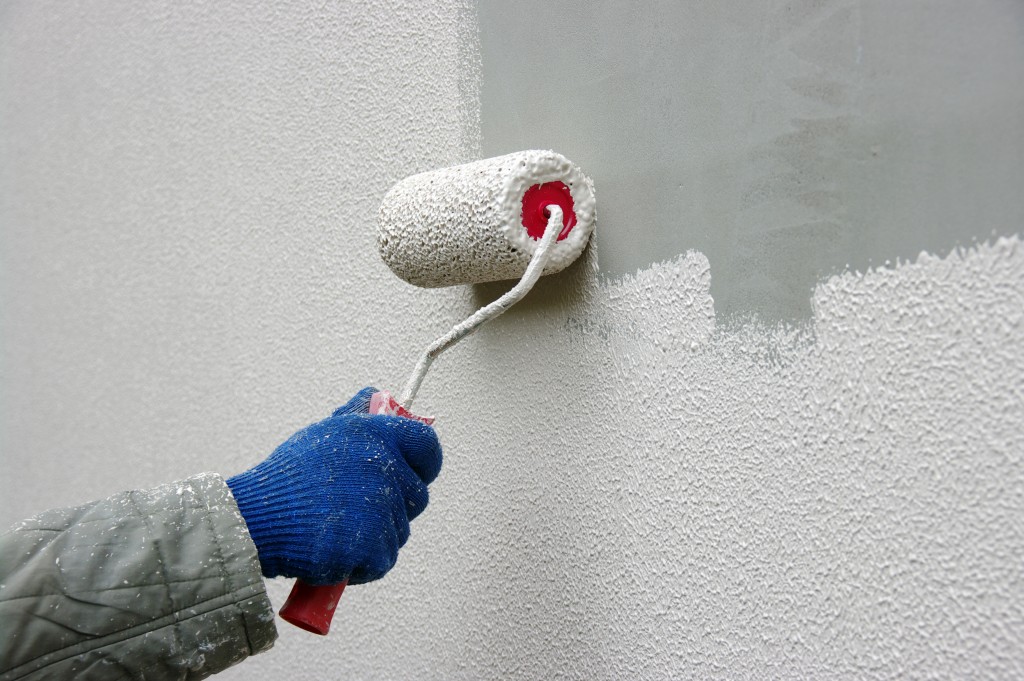The National Conference of State Legislatures and the National Center for Healthy Housing have released a number of landlord-tenant codes that obligate landlords to keep their rental property free from problems. That’s why it’s your job, as the landlord, to keep your building up to code. Listed below are some specific duties you should do for your occupants, as all landlords should do.
Safety Responsibilities
Moisture, Weatherproofing, and Paint Quality
If you live in an area with fluctuating weather, you need to mitigate any problems resulting from frequent rain showers. For example, landlords are required by the law to clean any growth of mold and its causes. Furthermore, broken gutters and sewer pipes need to be fixed to prevent future buildup of water. If you need help fixing mold problems, the EPA has a guideline you can use when handling mold.
Landlords must ensure that paint used for the house is lead-free. However, if your home was built on or before 1978, chances are your building’s paint has some amount of lead in it. If so, you are required by law to provide a lead paint disclosure form to your tenant. This disclosure form also explains the risk of lead paint in buildings. Furthermore, if you want to remove the lead paint from your property, you need to be licensed or hire a licensed professional to remove the color for you.
Occupancy safety
Fire prevention should be at the top of your list when renovating your property. Take note of the required amount of carbon monoxide detectors and smoke detectors per floor and whether the sensors need to be hard-wired. Furthermore, you need to set a proper fire exit with walls covered in fire-retardant paint. You must also check whether your electric panel can handle the load of multiple tenants. If you’re unsure if your current electrical wiring is enough, consider upgrading your panel to 200 amps to meet all the tenants’ needs while preventing short circuits and fires.
For apartments with multiple floors, you should add window guards on the second floor and above. Landlords are required to install a window guard when a tenant with a child that is 10 years old or younger requests for it, so it’s best to install one ahead of time.
In line with the safety of your tenants, it’s essential to consider their safety from criminals. Keep common areas, such as hallways, garages, and the laundry room, free from suspicious activity. One effective way to prevent crimes is keeping the apartment well-lit. Hence, consider adding more than adequate lighting to the hallways and install security cameras around the property.
Rental Responsibilities
As a landlord, it’s vital to keep your clients contented during their stay at your property. You need to maintain proper upkeep, payments and accounting, repairs, and maintenance to prevent any problems in the future. Listed below are the two most important aspects you need to be on top of throughout the year.
Mortgage, Insurance, and Other Payments

Often enough, a homeowner’s insurance policy doesn’t cover rent. If you don’t have any, at least get basic landlord property insurance to cover the possessions in the building. However, this doesn’t include the belongings of your tenants. Other types of insurance worth considering are fire coverage, flood coverage, natural disaster coverage, and insurance to cover lawsuits and legal fees.
If you have taken out a mortgage or a loan to buy your property, it’s your task to pay the loan accordingly. Remember to prevent any delays in delivering mortgage payments to prevent foreclosure. Among all aspects of renting, you need to keep all the costs up to date. This includes your payment for utilities. Hence, it’s best to mark the deadlines for electric, internet, and water bills to prevent sudden disconnections.
Property Maintenance
Proper maintenance of your building is the most critical upkeep you need to take care of. This comprises preventive maintenance, weekly maintenance, and repairs. Some examples of preventative maintenance are checking for mold growth, exterminating pests, and ensuring all detectors are working correctly. For weekly maintenance, always clean and disinfect public areas, such as hallways and the laundry room. Clean out rain gutters and put out garbage accordingly as well. Since law-required maintenance varies per state, it’s vital to check your local guidelines for more information.
Preventive maintenance isn’t enough to keep your property safe and operational. You also need to fix broken areas in your building. These include minor repairs, such as fixing windows or replacing broken light bulbs. These also include replacing the roof when needed, fixing the electrical wiring, and checking air ducts. From small to extensive repairs, you need to follow state policies when repairing your building.





